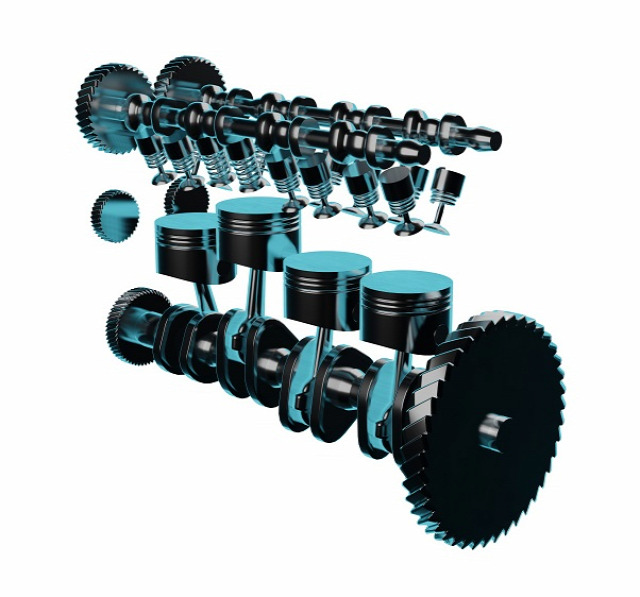
The automotive industry is experiencing a revolutionary shift towards electrification, and the development of electric compressors (e-compressors) is a key component of this transformation. E-compressors, essential for modern automotive air conditioning systems, are gaining traction as manufacturers seek to improve vehicle efficiency, reduce emissions, and enhance passenger comfort.
Automotive E-Compressor Market valued at $6.90 billion in 2024, is anticipated to grow at a CAGR of 11.63%, reaching $20.72 billion by 2034. The automotive e-compressor market is witnessing robust growth, propelled by the increasing adoption of electric vehicles (EVs), stringent emission regulations, and advancements in automotive HVAC (Heating, Ventilation, and Air Conditioning) technologies. E-compressors are integral to the operation of electric and hybrid vehicles, as they are independent of the engine and powered by electricity. This independence allows them to function efficiently even when the vehicle is stationary, providing consistent cooling without compromising energy efficiency.
Key Drivers Automotive E-Compressor Market:
-
Rise of Electric Vehicles: The global shift towards EVs is a primary driver for the e-compressor market. Unlike traditional internal combustion engine (ICE) vehicles, EVs require electric compressors for air conditioning, as they do not have a belt-driven engine to power conventional compressors.
-
Regulatory Pressures: Governments worldwide are implementing stringent regulations to reduce vehicle emissions and improve fuel efficiency. E-compressors contribute to these goals by enhancing the efficiency of HVAC systems, thereby reducing the overall energy consumption of vehicles.
-
Technological Advancements: Continuous innovations in e-compressor technology, such as the development of variable-speed and inverter-driven compressors, are improving performance and reliability. These advancements are making e-compressors more attractive to automotive manufacturers.
-
Consumer Demand for Comfort: Modern consumers demand high levels of comfort and convenience in their vehicles. E-compressors ensure efficient and rapid cooling, improving the overall passenger experience, especially in premium and luxury vehicle segments.
Request A Free Detailed Sample on Automotive E-Compressor Market!
Automotive E-Compressor Market Challenges
Despite the positive growth outlook, the automotive e-compressor market faces several challenges:
-
High Initial Costs: The development and integration of e-compressors involve significant costs, which can be a barrier for widespread adoption, particularly in cost-sensitive markets.
-
Technical Complexity: Ensuring the compatibility of e-compressors with various vehicle architectures requires sophisticated engineering and design, posing challenges for manufacturers.
-
Supply Chain Constraints: The availability of high-quality materials and components for e-compressors is crucial. Supply chain disruptions can impact production timelines and costs.
Some of the prominent companies in this market are:
- Denso Corporation
- Hanon Systems
- Mahle GmbH
- Mitsubishi Heavy Industries, Ltd.
- Sanden Corporation
- Valeo
Future Prospects
The future of the automotive e-compressor market looks promising, with significant growth opportunities on the horizon. The increasing penetration of EVs and hybrid vehicles is expected to drive demand for e-compressors. Additionally, the development of next-generation e-compressors with enhanced efficiency, lower noise levels, and improved reliability will further boost market growth.
Emerging trends such as the integration of Internet of Things (IoT) technologies and smart diagnostics in e-compressors are likely to enhance their functionality and provide new growth avenues. Furthermore, as the automotive industry continues to evolve towards sustainable practices, the adoption of e-compressors will be crucial in achieving environmental goals and reducing the carbon footprint of vehicles.
Conclusion
The automotive e-compressor market is at the forefront of the transition towards more efficient and environmentally friendly vehicle technologies. Driven by the rise of EVs, regulatory pressures, technological advancements, and consumer demand for comfort, the market is poised for substantial growth. While challenges remain, the continuous innovation and strategic initiatives by key players will ensure the market's dynamic progression, paving the way for a cooler, more efficient, and sustainable future in automotive air conditioning.

